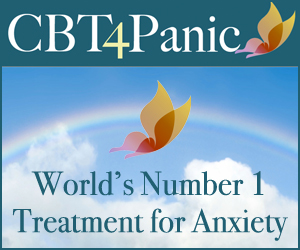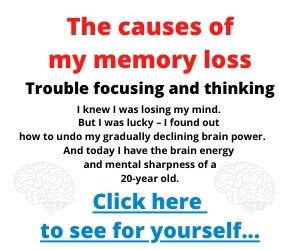Anxiety Disorders & Medications
We live in a fix-all society, where we are all programmed to think that problems can be fixed quickly and easily. This “have it all, now” mentally extends throughout our lives, and even into our health. It is therefore understandable that, for most people, going to see a doctor and getting medication is the obvious answer to any malady.
This is proven in mental health in that Prozac, an anti-depressant, is one of the most prescribed drugs in the world. Anti-anxiety medication, such as Diazepam, and other suppressants are also freely marketed and used as an answer to anxiety problems. Yet it is worth considering the downsides of such medication.
The problem with medicating yourself through periods of severe anxiety is that, at some point, you are going to need to stop taking the medication. The only other option is to medicate forevermore, and spend the rest of your life in a drug-addled state. All the anti-anxiety medications have a sedative quality, even if it is mild, which can make you feel sleepy and lethargic. This is the point, of course, as in quelling your conscious mind the medication in turn quells anxiety, but this is nothing more than a short fix solution.
While medication can dull an anxiety attack, they can’t cure it. No prescription medication can definitively “cure” a mental illness, they can only lessen its impact. So unless you are willing to accept that you will be heavily medicated for the rest of your life, it is more beneficial to seek psychiatric and psychological therapy rather than reaching for the pills. It may take longer, but the results will last longer, too.



